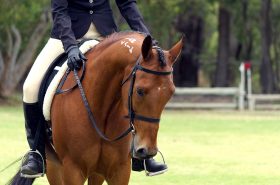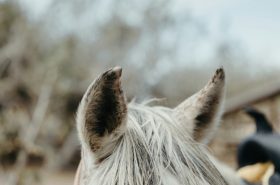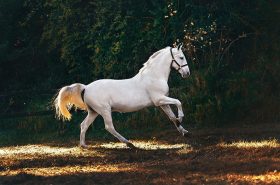I doubt there’s a horse owner alive who doesn’t love the season of spring.
Nicer weather, Daylight Savings Time, show and trail riding season—need I say more?
But this time of year can also bring its own set of problems, the most notable having to do with changes in grass. To help make your horse’s transition to spring a success, here are a few tips:
1.) Spring is a great time to have fecal egg counts (FEC’s) performed to determine what type of deworming plan is needed. While not completely foolproof, FEC’s are considered the best method for identifying both the number and type of parasites your horse may be carrying. Most veterinarians and several online companies perform this test.
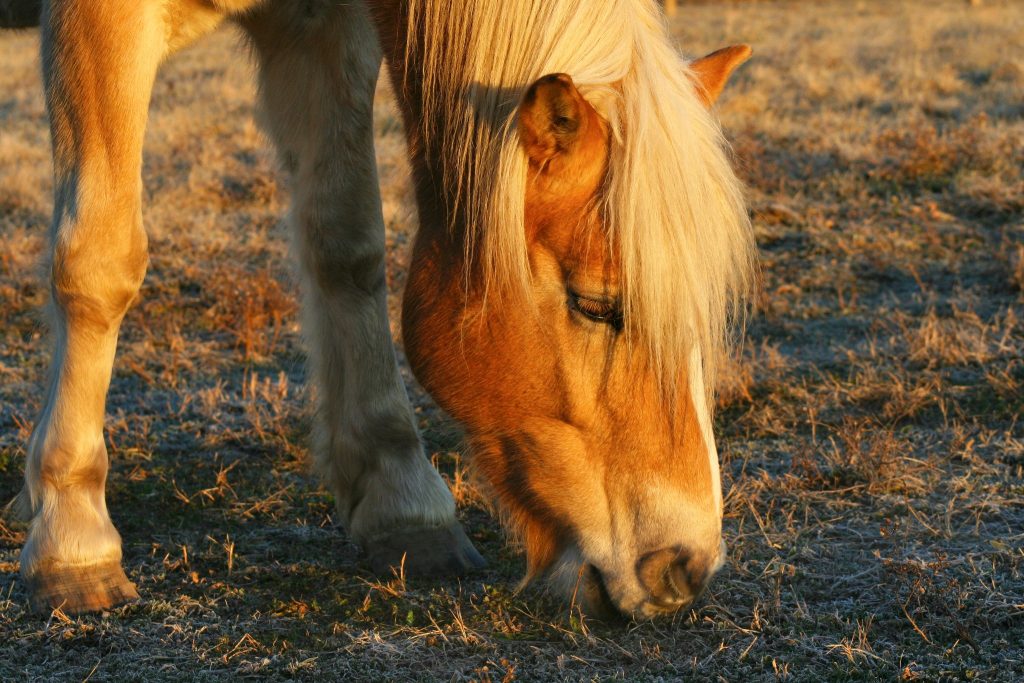
2.) Whether you’re moving your horses to a different pasture or turning them out of a sacrifice area, it’s important to make the switch to green grass slowly to give their digestive systems a chance to acclimate. A good rule of thumb is to increase grazing time by about 30 minutes per day until you’ve worked up to a period of 3-4 hours. Feeding pre or probiotics is also a good idea during dietary transitions like this.
3.) Spring is also a good time to have your horse’s teeth examined by your veterinarian or equine dentist. Ensuring teeth are balanced will not only make your horse more comfortable, but also allow him to better chew and utilize nutrients from grass.
4.) You may also need to re-evaluate your horse’s entire diet. If he will be on pasture full time, you can likely reduce or even eliminate grain or other concentrates (so long as minerals are provided in some manner). You might want to consider supplementing magnesium in springtime as well since quickly growing grasses are deficient in this important mineral.
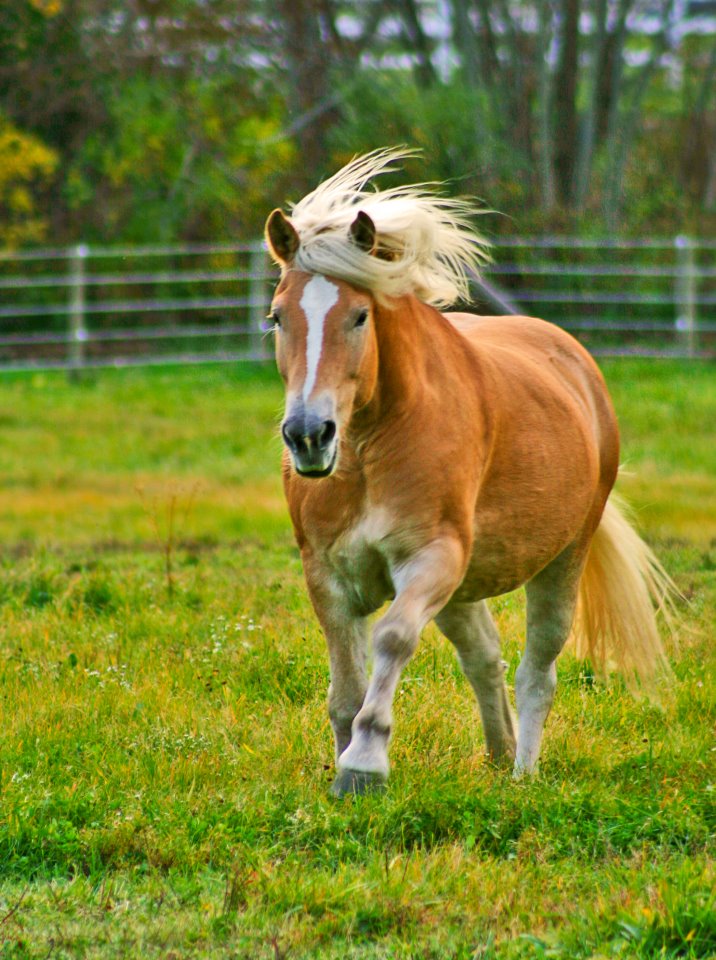
5.) For riding horses who’ve had a “winter vacation”, start an exercise program (at least 3-4 days per week) well before you plan to attend your first weekend trail ride or horse show. This will help prevent muscle and tendon injuries and problems like tying up.
What are you most looking forward to doing with your horse this spring?
**Casie Bazay is a freelance and young adult writer, as well as an owner/barefoot trimmer and certified equine acupressure practitioner. She hosts the blog, The Naturally Healthy Horse, where she regularly shares information on barefoot, equine nutrition, and holistic horse health. Once an avid barrel racer, Casie now enjoys just giving back to the horses who have given her so much. Follow Casie at www.casiebazay.com.

